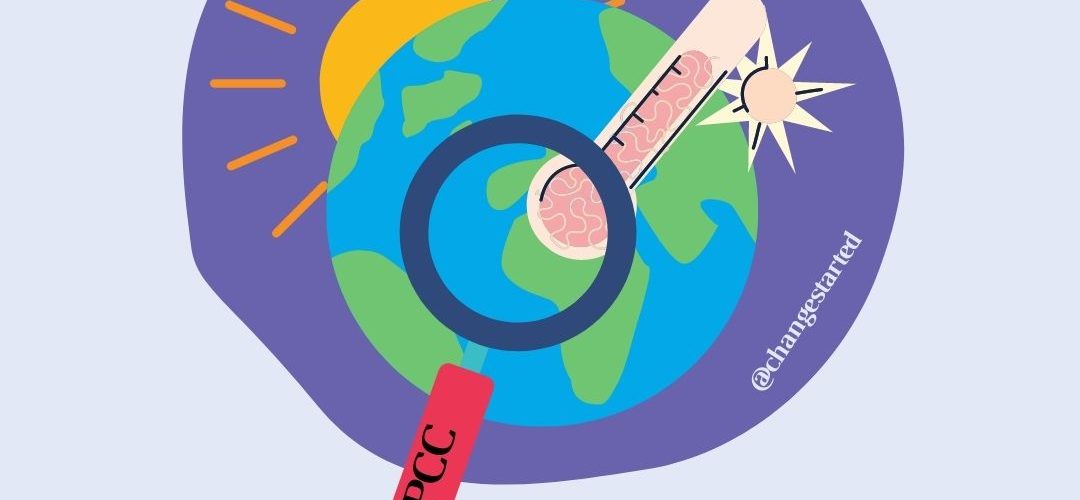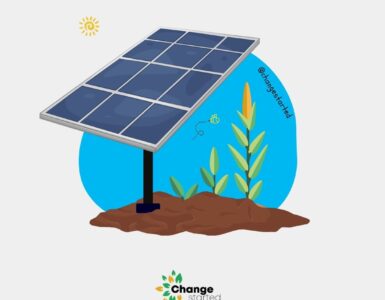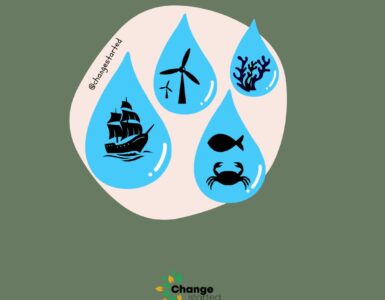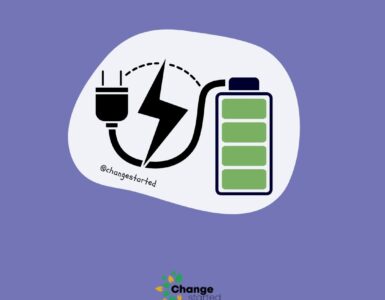The Intergovernmental Panel on Climate Change (IPCC) is the United Nations body for assessing the science related to climate change.
The IPCC was set up by the World Meteorological Organisation (WMO) and the UN Environment Programme (UNEP) in 1988 to assess aspects related to Climate Change. IPCC prepares assessment reports, special reports, and methodology reports evaluating the state of knowledge of climate change. However, the IPCC does not itself engage in scientific research, instead, a team of experts/scientists is convened for each of the panels to produce a report. It asks scientists from around the world to go through all the relevant scientific literature related to climate change and draw up logical conclusions.
The experts are selected based on their area of expertise, where some experts are nominated by governments, while others represent academia and a few seats are also reserved for representatives of NGOs and the UN.
IPCC Role in Climate Research
The IPCC reports are widely considered the most comprehensive, objective, and balanced scientific assessment of climate change. The reports are prepared by three Working Groups, each one focusing on a different aspect of climate change science. Over the years, IPCC has released several special reports, assessment reports, and synthesis reports.
Special reports are created at the request of the governments of countries that are members of the IPCC, like the one which was produced for Germany on renewable energy in 2014.
Assessment Reports (AR) are produced every few years, that evaluate the latest scientific, technical, and socio-economic information on the state of the Earth’s climate. The reports can include a range of views and interpretations of the underlying material which are open to contradictions. They provide the scientific foundation for international climate change negotiations and also governments consider the report’s findings when planning and formulating their own climate policies.
Assessment reports are prepared by a dedicated team of climate change experts and authors from around the world. Most of the authors are usually climate scientists, but it also includes experts in the field of economics, cultural, social, and political aspects of climate change. It does not conduct any research, nor does it monitor climate-related data. At the draft stage, IPCC also calls upon expert reviewers to do the quality checks and provide the authors with comments to improve their work. The final IPCC assessment report provides policymakers with information about the causes and consequences of climate change and is also approved by the governments of at least 95% of the world’s nations.
IPCC has published six assessment reports, all of which conclude that climate change is real and mostly man-made. The IPCC’s fifth report came in 2014 which had two parts and involved over 800 scientists over five years. The sixth assessment report has three parts — the first came in in August 2021, the second in February 2022, and the third in April 2022.
The Synthesis report is prepared once a year, which brings together the conclusions of the three Working Groups.
IPCC Nobel Prize
In the year 2007, Intergovernmental Panel on Climate Change (IPCC) was awarded Nobel Peace Prize along with Albert Arnold (Al) Gore Jr. “for their efforts to build up and disseminate greater knowledge about man-made climate change, and to lay the foundations for the measures that are needed to counteract such change.”In






Add comment